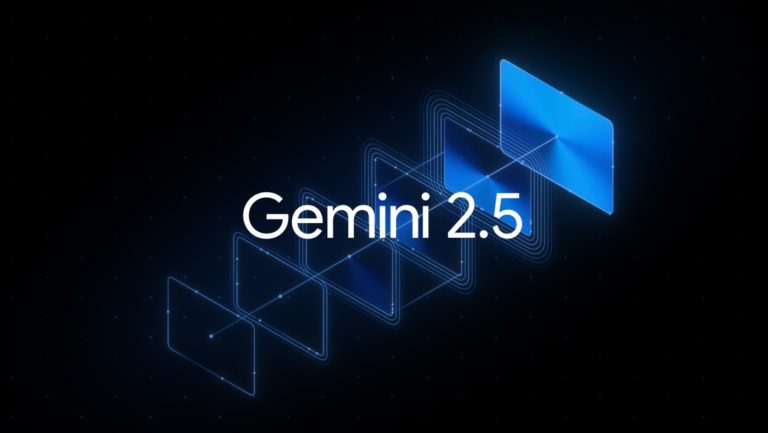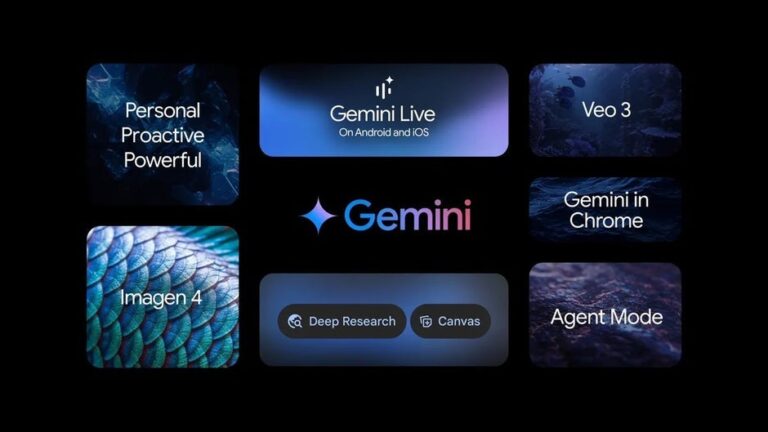OpenAI aims to evolve ChatGPT from a conversational AI into a multifaceted “super assistant” that seamlessly integrates into users’ daily lives. This strategic direction was detailed in an internal document titled “ChatGPT: H1 2025 Strategy,” which surfaced during Google’s antitrust trial.
Key Objectives:
- Personalized Assistance: OpenAI envisions ChatGPT as an intelligent entity capable of understanding individual user preferences and needs. The goal is for ChatGPT to assist with a broad spectrum of tasks, from answering questions and managing calendars to more specialized functions like coding.
- Advanced Capabilities: Leveraging advancements in AI models (notably models referred to as 02 and 03), multimodal interactions, and generative user interfaces, OpenAI plans to enhance ChatGPT’s ability to perform complex, agent-like tasks reliably.
- Integration Across Devices: The company intends for ChatGPT to be accessible across various devices and environments, positioning it as a ubiquitous companion in users’ personal and professional spheres.
- Infrastructure and Competition: While acknowledging challenges related to infrastructure and competition from tech giants like Apple, Meta, and Google, OpenAI emphasizes innovation, a strong brand identity, and user choice as pivotal to maintaining its competitive edge.
OpenAI’s strategic shift underscores its commitment to expanding ChatGPT’s role beyond a traditional chatbot, aiming to establish it as an indispensable, intelligent assistant in users’ everyday lives.
For more details, read the full article on The Verge: OpenAI wants ChatGPT to be a ‘super assistant’ for every part of your life.
📢 Disclaimer
This article is based on information from trusted tech news sources. Techwhatif.com summarizes and adapts these insights to make tech news more accessible to our readers. Full credit goes to the original authors and publications. If you're the content owner and have any concerns, please contact us directly for resolution.




